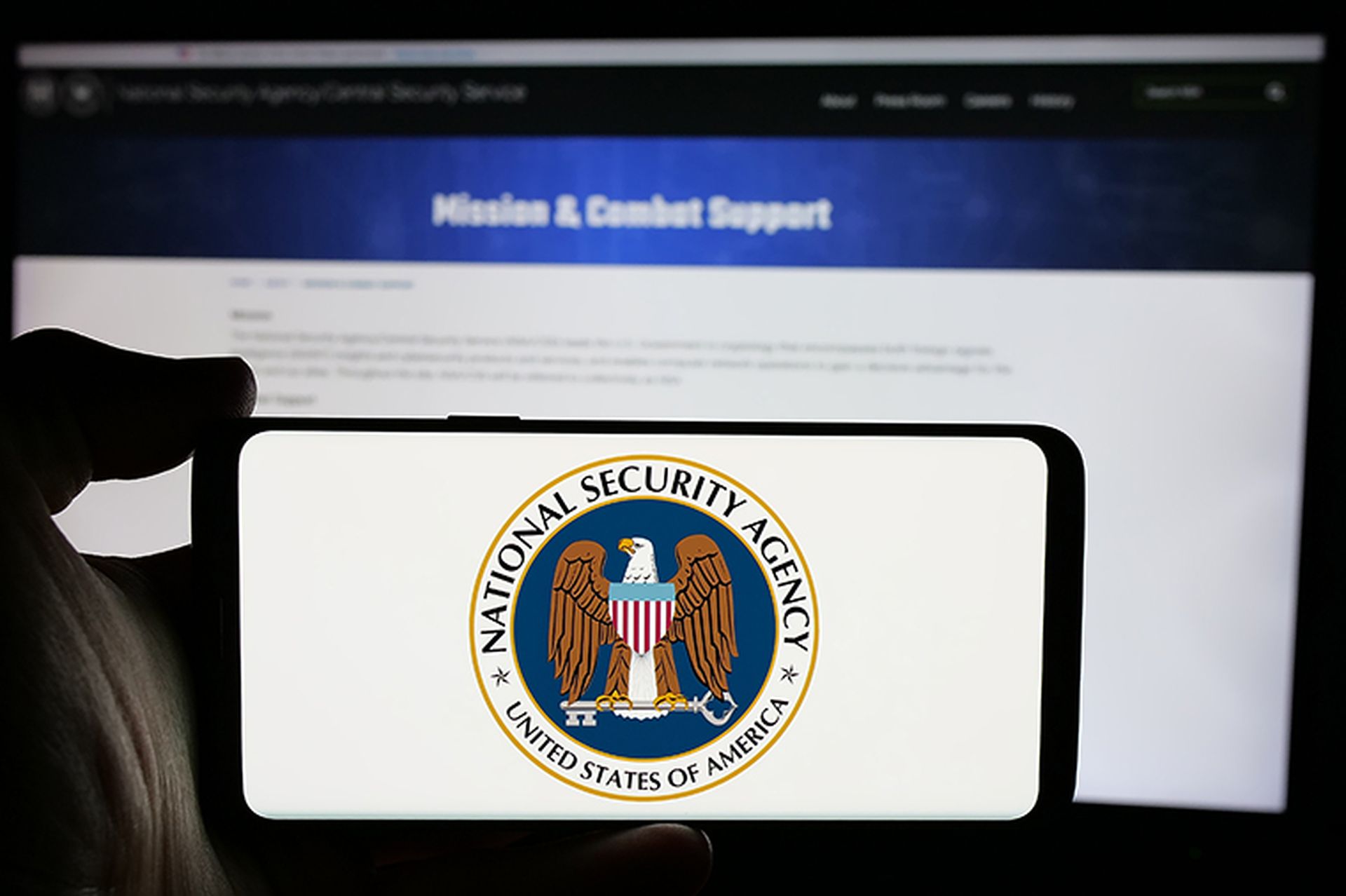Our tech-savvy youth could be the answer to plugging the widening cyber-security skills gap. However, the industry is failing to provide a clear path for this young talent to find work, hone their skills and serve society resulting in their temptation to exacerbate cyber-crime instead of prevent it.
In new research, Kaspersky Lab discovered that 57 percent of consumers under 25 consider hacking to be an ‘impressive' skill and only 35 percent feel uncomfortable about people who have hacking skills.
The study conducted research on 2,120 IT professionals as well as 11,531 young consumers, aged 16-25 in Europe and the US.
A majority of industry professionals (87 percent) believe that it is important for young people join the cyber-security war.
Only half of under-25s said they would actually join the fight against cyber-crime, with many admitting they would use their skills for fun (17 percent), secretive activities (16 percent) and financial gain (11 percent) instead.
“Organised cyber-crime is no longer just a boardroom headache; it's increasingly a very personal one, which threatens to disrupt, and potentially embarrass, private individuals in their homes. As recent attacks on Sony Entertainment and Ashley Madison highlight, where very private data was made public, cyber-crime threatens to tear at the heart of both public and private life if it is not addressed,” said Kirill Slavin, general manager, UK & Ireland at Kaspersky Lab.
While 27 percent of young consumers have considered a career in cyber-security and 47 percent regarding it as a good use of their talent, many employers do not have any entry-level cyber-security roles. Most promote from within (72 percent), providing internal training as necessary, and recruit externally (53 percent) for seasoned security professionals.
With 73 percent of businesses finding it hard to recruit appropriately skilled IT pros, maybe it's time to re-think traditional pathways into the cyber-security profession.
Almost two-thirds (62 percent) of IT pros felt that it is education establishments that should be responsible for training new generations of cyber-security professionals.
Nearly three-quarters of young people are not aware of any IT security graduate opportunities or internships and 30 percent of businesses admit they don't have the internal resources to nurture graduates in a cyber-security role.
Work toward a brighter future for young cyber-security talent has begun in the education sector. The UK government just announced a ‘Post-16 Skills Plan' to place focus on digital skills in higher education. As part of its journey towards a Digital Single Market, the European Commission has also set out to improve digital skills in Europe.
Among IT security pros, 27 percent admit organisations themselves must do more to offer training and graduate schemes.
Eugene Kaspersky, chairman and CEO of Kaspersky Lab said, “Industry and education must do more to recruit the younger generation of cyber professionals and the warning signs are clear. The frequency and profile of teenage cyber-attacks is growing with each generation's competency, as well as the ready availability of ‘malware as a service'.
“There is a skills gap that needs to be addressed by both industry and education if we are to enthuse young people about entering the cyber-security workplace. This generation is closer to technology than any before, and will run rings around the industry soon enough, escalating the threat of cyber-crime if they are not brought onside and given opportunities to blossom. Their talent should be harnessed and nurtured for society's good,” Kaspersky concluded.



